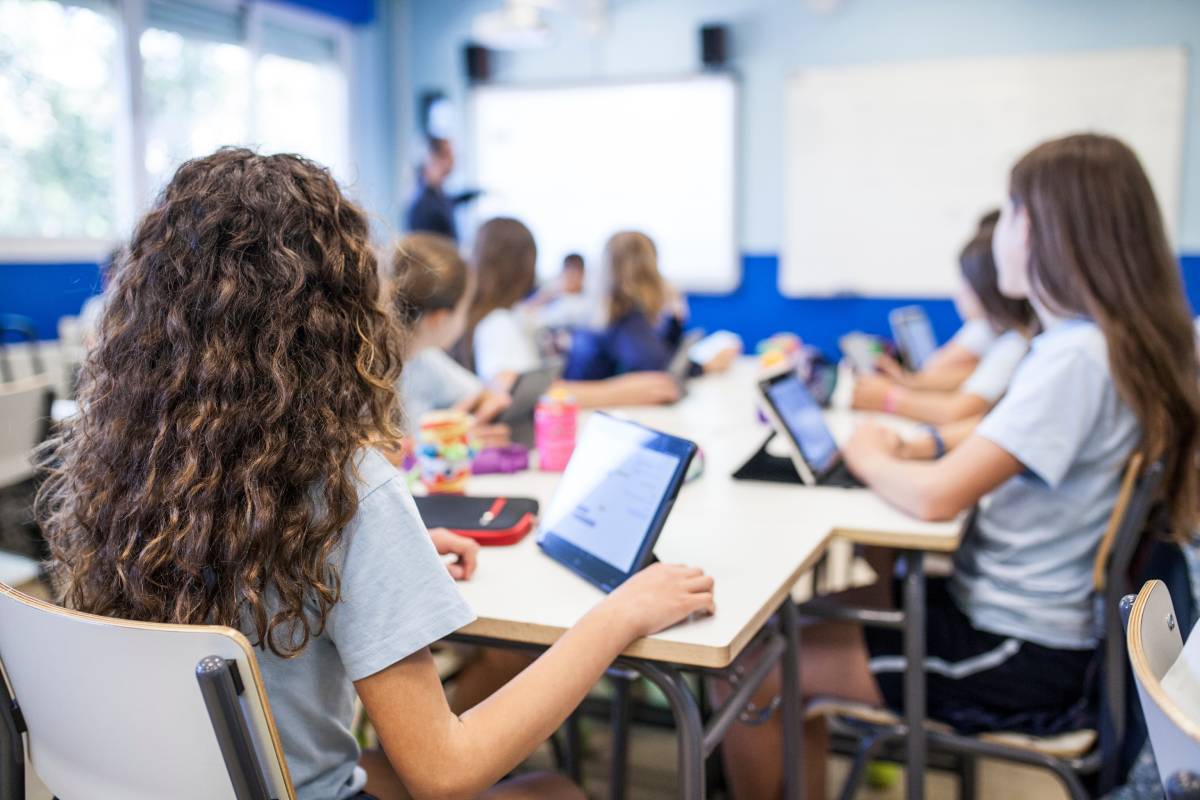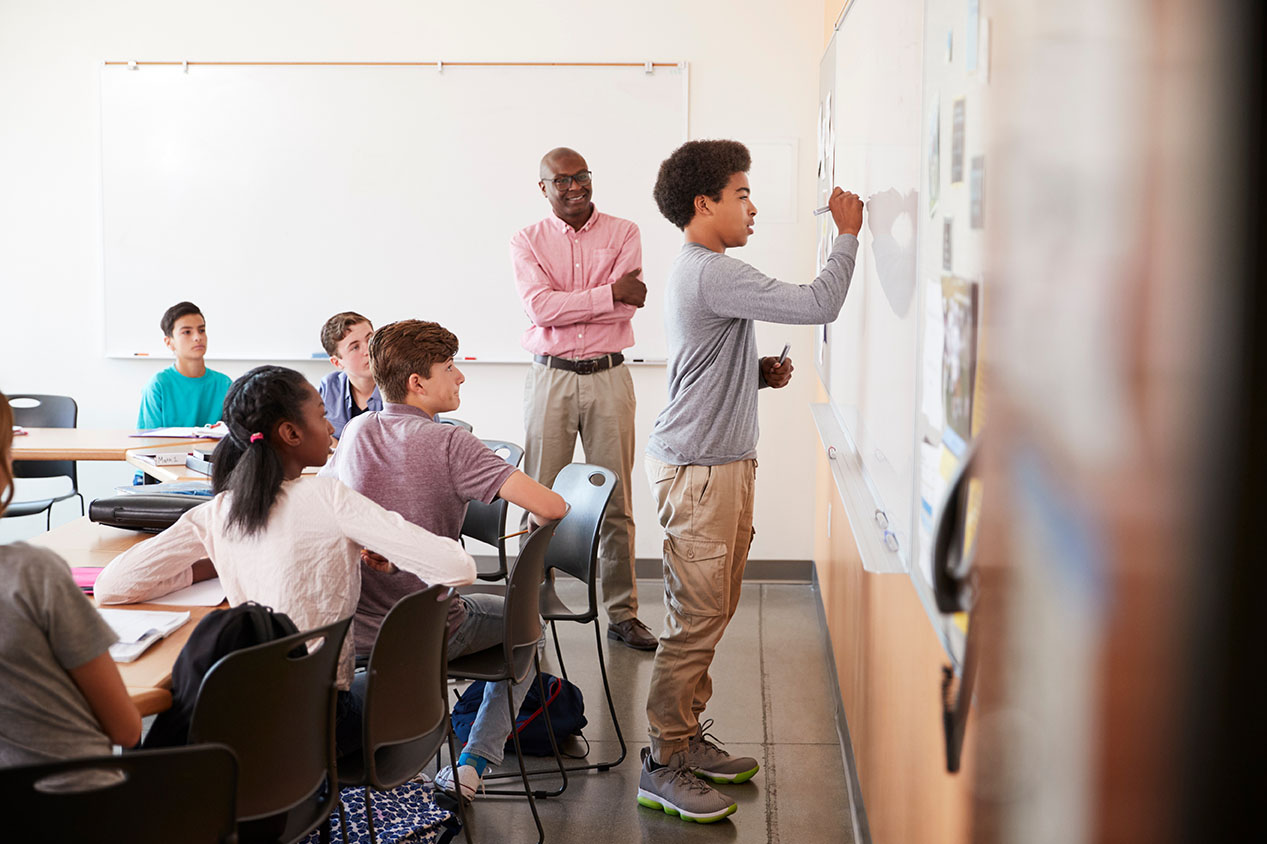In the dynamic landscape of education, where the pursuit of effective teaching methods is relentless, one question stands out: Can online retrieval practice quizzes truly benefit students?
As educators navigate the complexities of student mental health, pedagogy, and memory processes, understanding the nuanced interplay between learning and anxiety becomes increasingly crucial.












